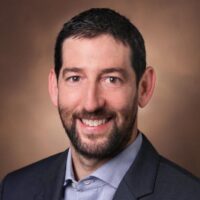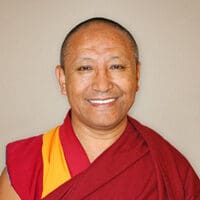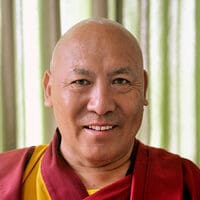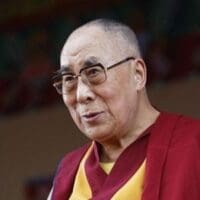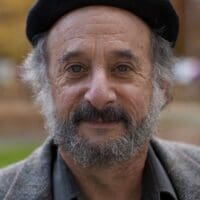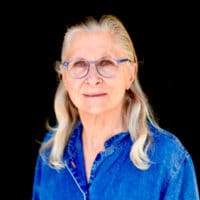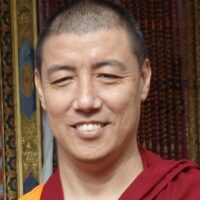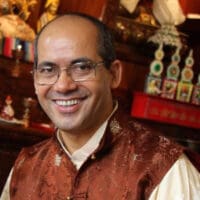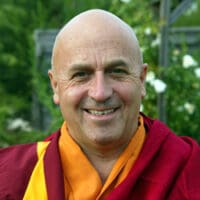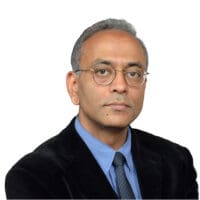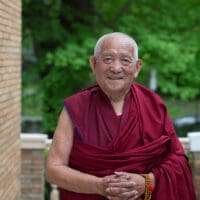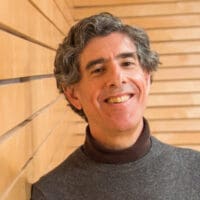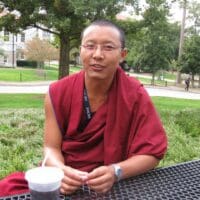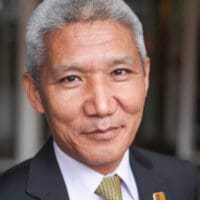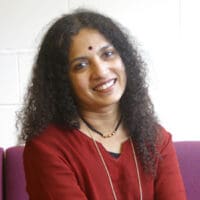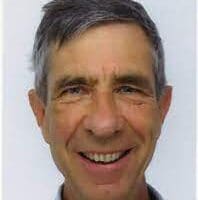Overview
In this final session, we will seek to integrate the material that has been presented across the week, examining the implications for both scientific theory and investigation, as well as for Buddhist epistemology and philosophy. For example, do modern scientific findings about cognitive processes, such as perception and concept formation, agree with Buddhist views, and if not, what can we make of these differences? Can Buddhist views of self (and no-self) be investigated scientifically, and what can psychological and neuroscientific studies tell us about the nature of the self? Furthermore, how can we apply what we know from both Buddhism and science to our work in domains such as education, policy, and health care to create a better world? Finally, we will highlight areas for future investigation and dialogue and consider research implications in relevant fields.
- Dialogue 3019 sessions
- December 17, 2015Sera Monastery, Bylakuppe, India





